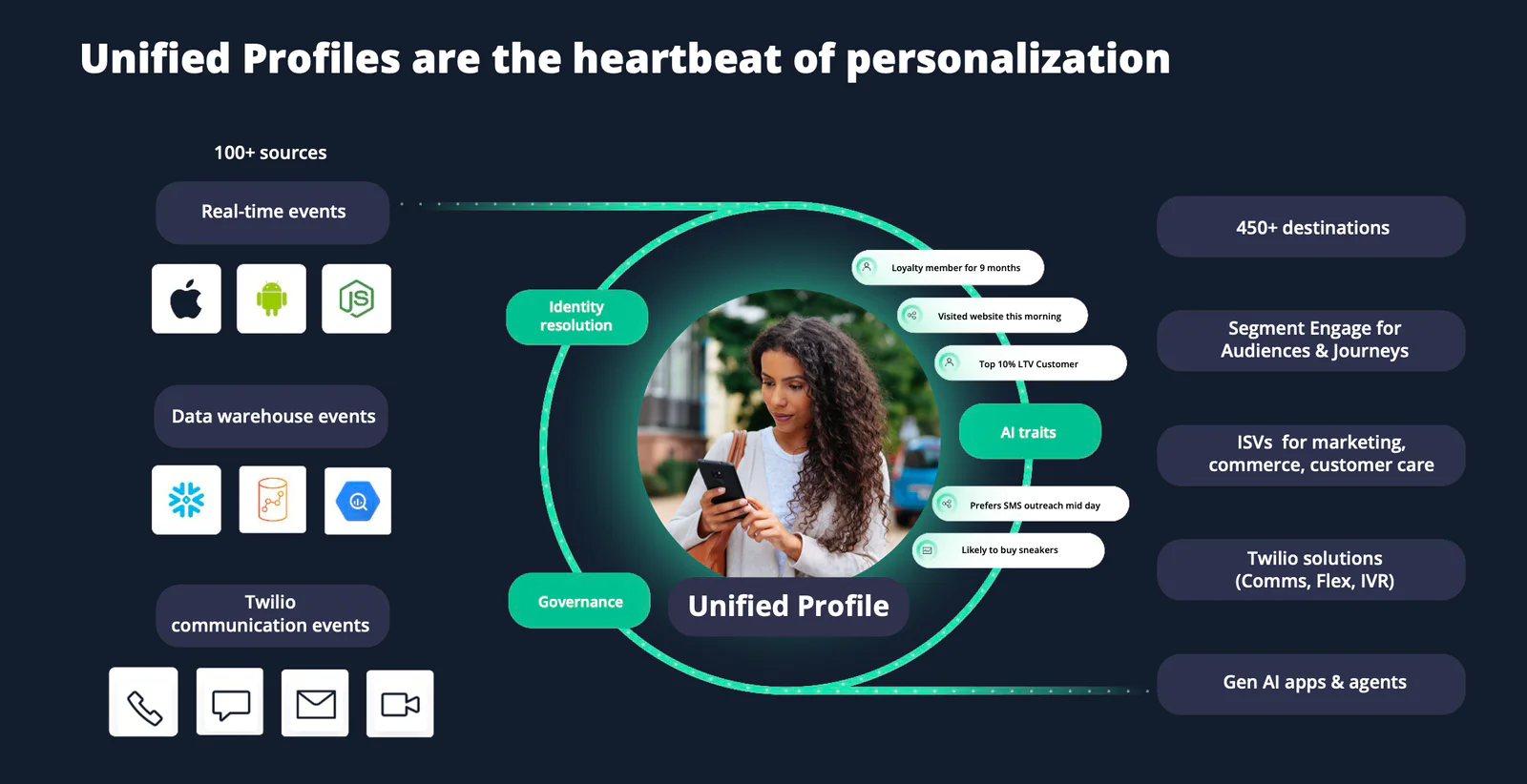Speaking at this year’s CDP Week keynote, I made the case for why the customer data platform is fundamental to AI-powered personalization at scale.
It’s only the companies that understand their consumers as individuals with specific preferences and interests that can unlock personalization. These companies understand this process requires high quality and accurate data that is unified and activated in real time to deliver the best experiences. But as we all have seen, if the data is siloed or poor quality, AI then produces inaccurate or misleading output ultimately damaging brand trust.
Here are my three key reflections from this year’s event—a recap of what I believe are the most crucial takeaways for aligning personalization with AI in any organization.
1. You get what you give.
AI’s impact on customer engagement has proven to be a game-changer, but the quality of that impact hinges on data. It’s a simple but critical concept: AI models can’t outperform the data they’re fed. “Garbage in, garbage out” may sound like a relic of early computer science, but it’s never been more relevant. Inaccurate, siloed, or incomplete data is a direct threat to delivering the results AI promises—and to maintaining customer trust.
At Twilio, our Unified Profiles offer a way to ensure that data is clean, contextual, and connected across all touchpoints. Unified Profiles gather everything from recent web interactions and purchase history to preferred communication channels, creating a 360-degree view of each customer. This isn’t just about ticking a box for data quality; it’s about enabling AI to create real, measurable value. For businesses, that means better predictions, more relevant messaging, and ultimately, a far stronger customer connection.


